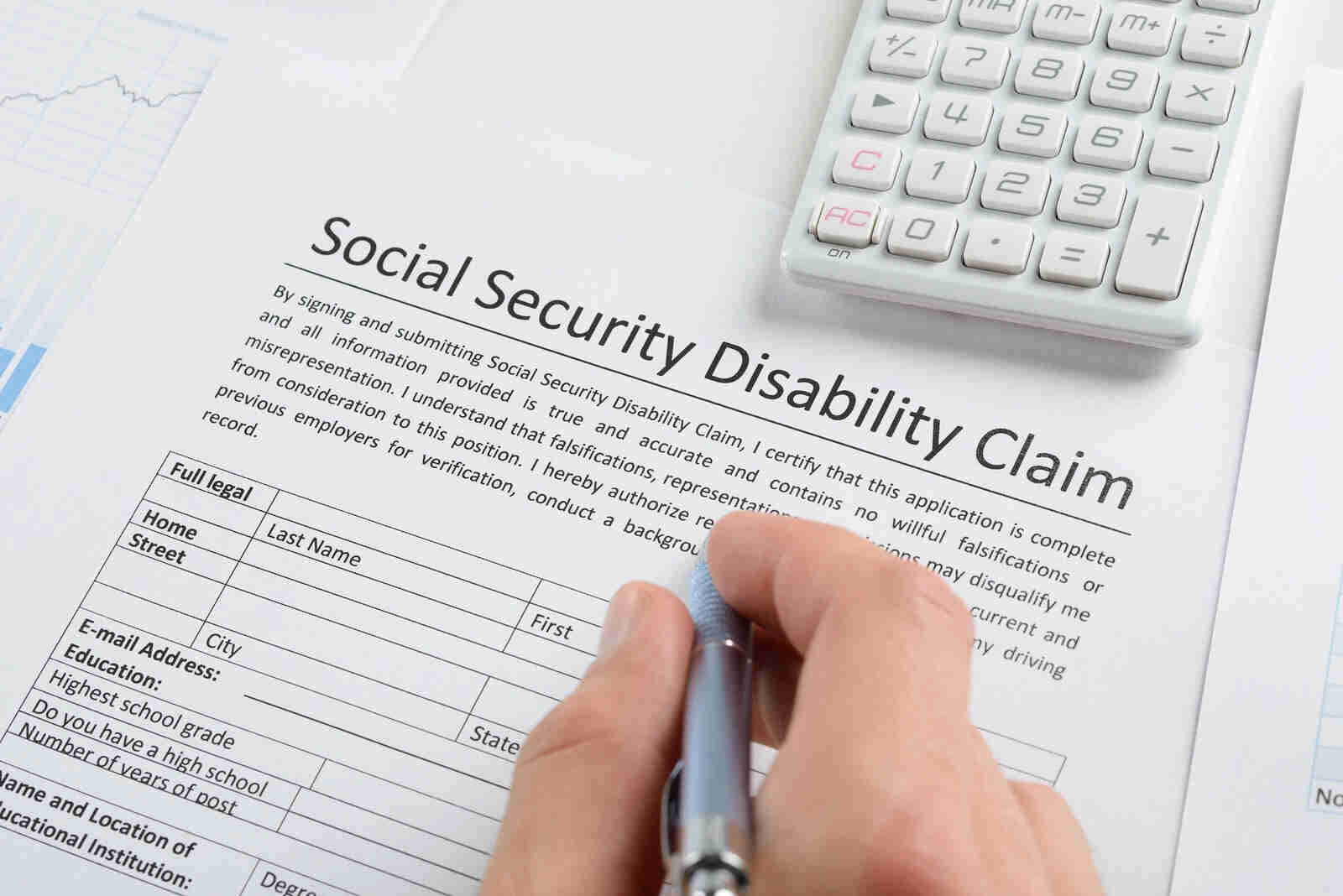Can You Get Disability for a Mini Stroke in New Jersey or Pennsylvania?
A stroke, or cerebrovascular accident (CVA), is a serious, potentially life-threatening condition that occurs when a blood vessel ruptures or creates a blockage, preventing normal flow of blood to the brain. Sometimes, this blockage resolves on its own, restoring normal blood flow. When this occurs, the event is described as a “mini” stroke, or, to use medical terminology, a “transient ischemic attack” (TIA). In this article, our Pennsylvania disability attorneys explain whether a TIA or mini stroke qualifies you to receive Social Security benefits, such as Social Security Disability Insurance (SSDI), which is available to eligible applicants in both Pennsylvania and New Jersey. If you or your spouse recently suffered a stroke or mini stroke, contact our law offices for a free legal consultation about your eligibility for SSDI or other disability benefits.
Does Having a Mini Stroke Qualify You for Disability Benefits in PA or NJ?
Having a stroke or mini stroke could qualify you to receive Social Security disability benefits in New Jersey or Pennsylvania, depending on the details of your situation. Read on to learn what types of disability benefits may be available, how the Social Security Administration (SSA) determines whether you qualify for benefits after a stroke, and information about how much disability pays per month in 2019.
What Types of Social Security Disability Benefits Are There?
The SSA offers several types of benefits for qualified applicants. Most people apply for either Social Security Disability Insurance (SSDI) benefits, or Supplemental Security Income (SSI). While both provide benefits to disabled claimants, SSDI requires applicants to have an employment history (measured in “work credits”), whereas SSI is designed for low-income claimants who do not have substantial work histories.
For a detailed comparison of SSDI and other Social Security benefits, such as widower or widow benefits, contact our New Jersey disability benefits lawyers for a free consultation about your potential eligibility. This article will focus on SSDI benefits for mini stroke survivors in Pennsylvania and New Jersey. However, our law firm can also assist you with benefits for children, ERISA disability benefits, and other types of benefits.
How Do You Qualify for Disability?
If you have suffered one or multiple mini strokes, you may be eligible for SSDI benefits. However, you will need to meet certain criteria established by the SSA. Some of these criteria are medical in nature, while others involve your work history. A mini stroke could qualify you to receive SSDI if the following statements accurately describe your situation:
- Medical Criteria
- Your mini stroke caused serious, disabling effects that prevent you from working or engaging in “SGA,” which is explained below.
- Your disability has already lasted, or is projected to last, for at least 12 months.
- Employment Criteria
- You have earned the minimum number of work credits needed to qualify. For most applicants, this number is 40 work credits. However, some applicants may qualify with fewer work credits, depending on their age and other factors. It is possible to earn a maximum of four work credits per year, or one per quarter. In 2019, the amount of income needed to earn one work credit is $1,360. This amount fluctuates yearly due to inflation. (For example, the amount needed to earn one work credit in 2018 was $1,320.)
SSA Blue Book Criteria for Stroke
The SSA maintains a comprehensive list of medical conditions that qualify for disability benefits. This compilation, officially called the “Listing of Impairments,” is known informally as the SSA “Blue Book.” (Note that there are separate listings, or Blue Books, for adult and childhood conditions.)
The Blue Book establishes certain standards for each type of condition listed inside. If your condition meets these standards, you are considered severely disabled by SSA criteria.
Even if your condition does not meet the exact standards described in the Blue Book, you may still be able to qualify for SSDI. It depends on whether your condition equals a listing. That means it is not necessary to match the listing exactly, as long as the condition is serious enough to cause an equivalent degree of impairment.
Substantial Gainful Activity (SGA) and SSDI Eligibility
If you are able to participate in what the SSA calls “substantial gainful activity” (SGA) – a broad term that includes all types of work – you will not qualify for SSDI benefits. If you earn $1,220 per month or more in 2019, you are participating in SGA and are therefore not disabled by SSA standards. Note that, for blind individuals, the SGA threshold increases from $1,220 per month to $2,040 per month.
The SGA limit (or amount you can earn before you lose SSDI eligibility) should not be confused with the maximum disability benefit (or amount you can receive in benefits). The maximum SSDI benefit is $2,861 per month in 2019, a slight increase from $2,788 per month in 2018. The average monthly SSDI payment in 2019 is $1,234.
Our PA + NJ Stroke Disability Lawyers Can File Your SSDI Claim
If you suffered a stroke or mini stroke and are unable to work as a result, you may have a claim for disability benefits, such as SSDI. For a free legal consultation about SSDI benefits in Pennsylvania or New Jersey, contact the law offices of Young, Marr, Mallis & Associates online, or call us today at (215) 515-2954 for assistance. We are available 24/7, providing strategic support you can trust.






























